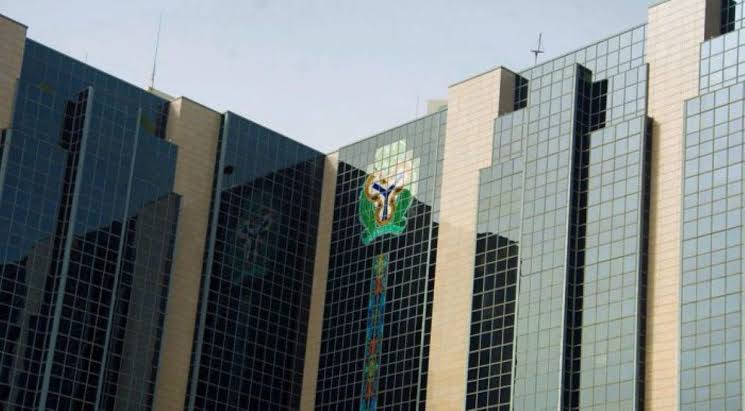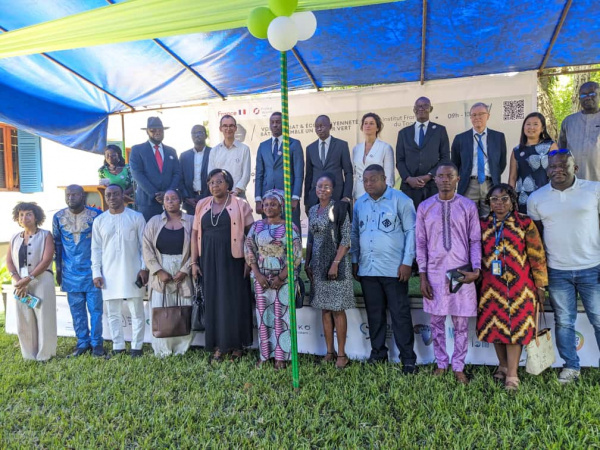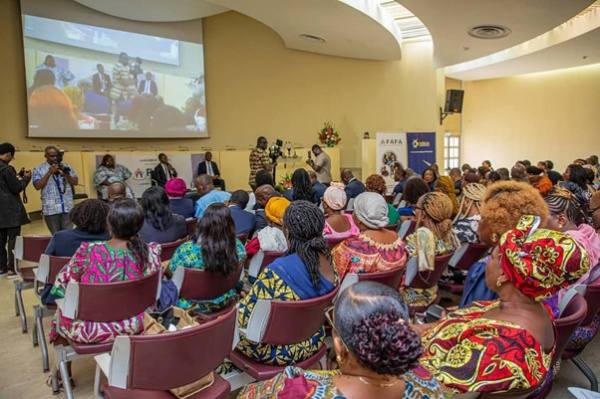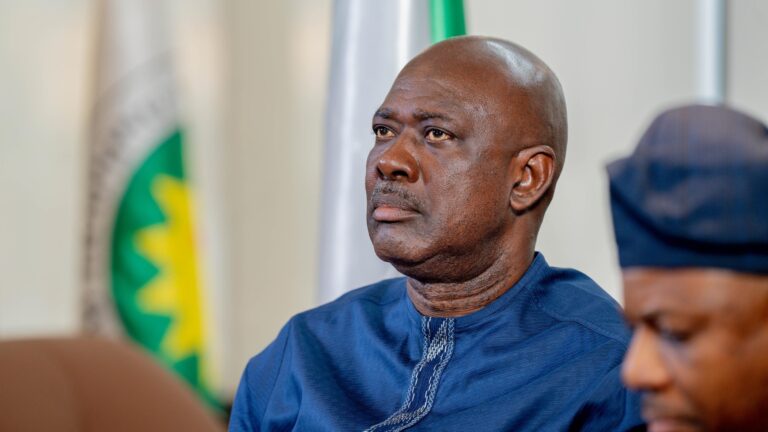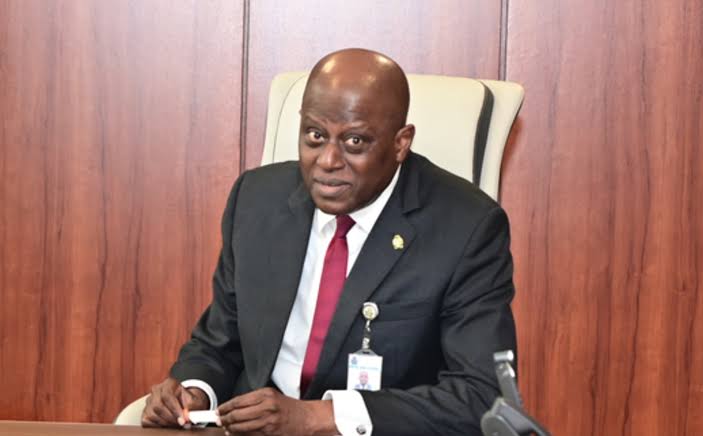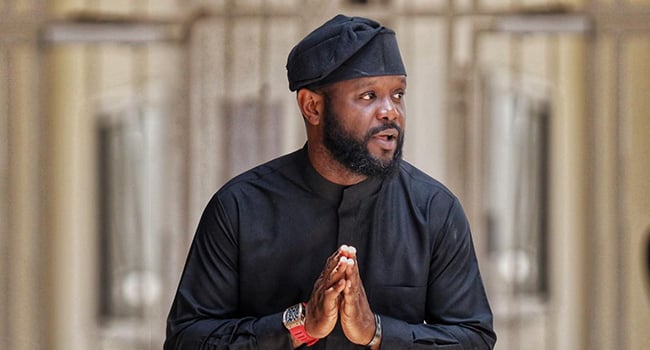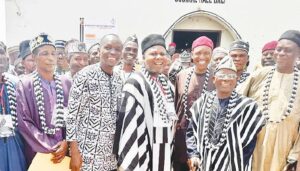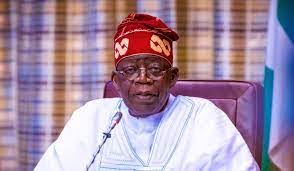ABUJA, Nigeria – Nigeria has recorded a $6.83 billion Balance of Payments (BOP) surplus in 2024, marking a significant improvement in its external financial performance. Under President Bola Ahmed Tinubu’s administration, this achievement represents a turnaround from deficits of $3.34 billion in 2023 and $3.32 billion in 2022.
The surplus reflects a series of economic reforms focused on foreign exchange unification, monetary tightening, and targeted fiscal policies aimed at stabilizing the naira, curbing inflation, and attracting global capital, according to the Central Bank of Nigeria (CBN).
Nigeria’s current and capital account surplus reached $17.22 billion in 2024, driven by a goods trade surplus of $13.17 billion, as exports surged and imports declined. Gas exports jumped by 48.3% to $8.66 billion, while non-oil exports increased by 24.6% to $7.46 billion. Petroleum imports declined by 23.2%, and non-oil imports dropped by 12.6%.
Remittances from the Nigerian diaspora remained strong, with personal remittances increasing by 8.9% to $20.93 billion and inflows through International Money Transfer Operators (IMTOs) soaring by 43.5% to $4.73 billion.
Despite a 42.3% drop in foreign direct investment (FDI) to $1.08 billion, portfolio investment inflows more than doubled, rising by 106.5% to $13.35 billion. Resident foreign currency holdings increased by $5.41 billion.
Nigeria’s external reserves climbed by $6.0 billion to $40.19 billion by the end of 2024. The CBN also reported a 79.5% reduction in net errors and omissions, indicating improved transparency and data accuracy.
The Nigerian stock market is experiencing a boom, and GDP growth is projected at 3.84%. Capital inflow increased by 66.27%, and inflation is easing.
President Tinubu’s economic direction, which has faced criticism, appears to be yielding results. The “Renewed Hope” agenda suggests that market-friendly reforms can reverse years of decline and restore Nigeria’s position as a leading African economy.
The economic turnaround is expected to benefit Nigerian entrepreneurs, students, and families, contributing to long-term economic stability, job creation, and wealth generation.

